Neoliberal Globalization and Nativist Protectionism Explained

We explain neoliberalism, globalization, nativism, and protectionism and the pros and cons of “neoliberal globalization” and “nativist protectionism.”
In politics and philosophy liberty refers to the civil freedoms to which all people are entitled, in a state of nature it refers to total freedom. Given this we can say there are generally two types of liberty:
Liber in Latin means free, so Liberty broadly refers to the idea that all humans are born with inalienable rights (rather than these rights being bestowed upon them by a Government). The political philosophy born from the concept of liberty is “liberalism” (with conservatism being the push against this). See Hobbes, Locke, Hume, Burke, and Mill. The political philosophy that came after this addressed additional civil liberties necessary for a just state, and this is called social liberalism.
Although there is no agreement on the definition of Liberty (see nearly every political faction and war fought from 1688 on), we can broadly say liberty includes concepts such as: the social contract, freedom from kings, freedom of speech, religion, press, and assembly, freedom of trade, and generally the freedom to consent to be governed. Or perhaps, in sum, simply the freedom to pursue happiness.
The Romanticist version sees all men as naturally good and applies liberty to emotions, libertines apply it to the freedom to enjoy life’s sensual pleasure, libertarians accept social injustice in exchange for individual liberty, social liberals say humans can’t have liberty if they live in squalor, some think democracy breeds liberty, others think it can only be obtained in a republic ruled by law, some even think Monarchy or Communism is the path toward liberty… some, to the frustration of most everyone else, use liberty as an excuse to push their own special interests (as what is natural liberty if not deregulatory?).
We all agree liberty is one of the most important underlying concepts of humanity, but rarely do we agree on its meaning or the mechanics that it takes to achieve it.
According to John Locke’s Second Treatise of Government:
Or as Jefferson put it quoting Locke,
Of course this message isn’t much different than the one that Aristotle writes in his version of the Athenian Constitution (350 BC) where he quotes Solon (who lived in 600 BC). Or, that Aristotle himself writes in his masterwork Nicomachean Ethics.

We explain neoliberalism, globalization, nativism, and protectionism and the pros and cons of “neoliberal globalization” and “nativist protectionism.”
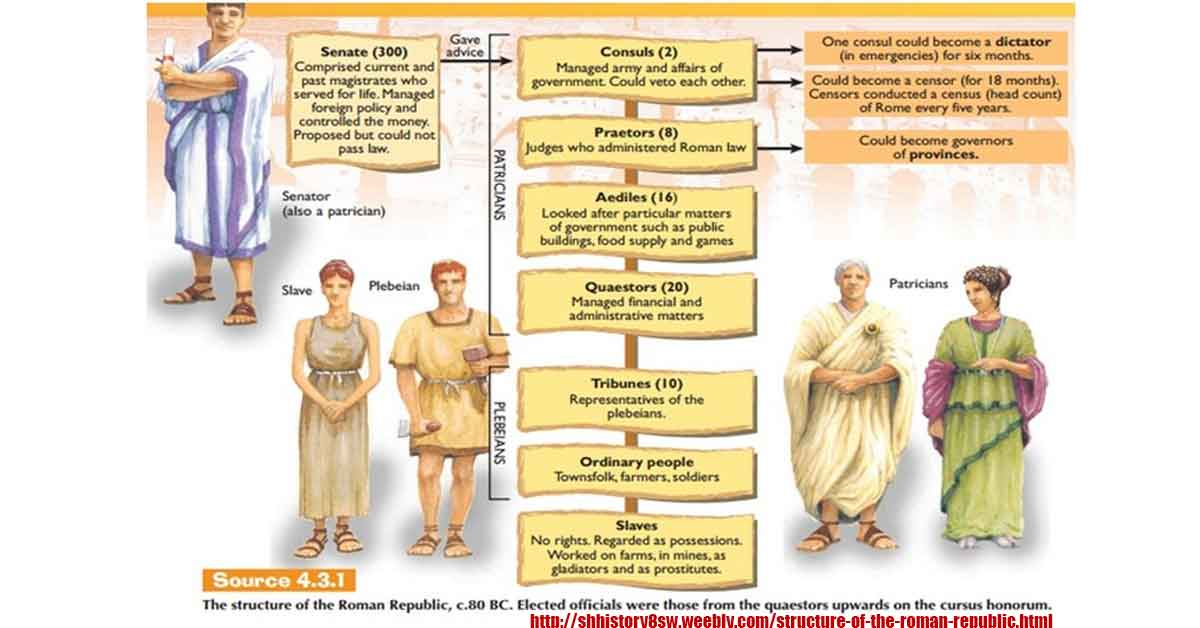
The Optimates like Pompey (aristocrats) and Populares like Julius Caesar (populists) were two opposing political factions at the onset of the fall of the Roman Republic.
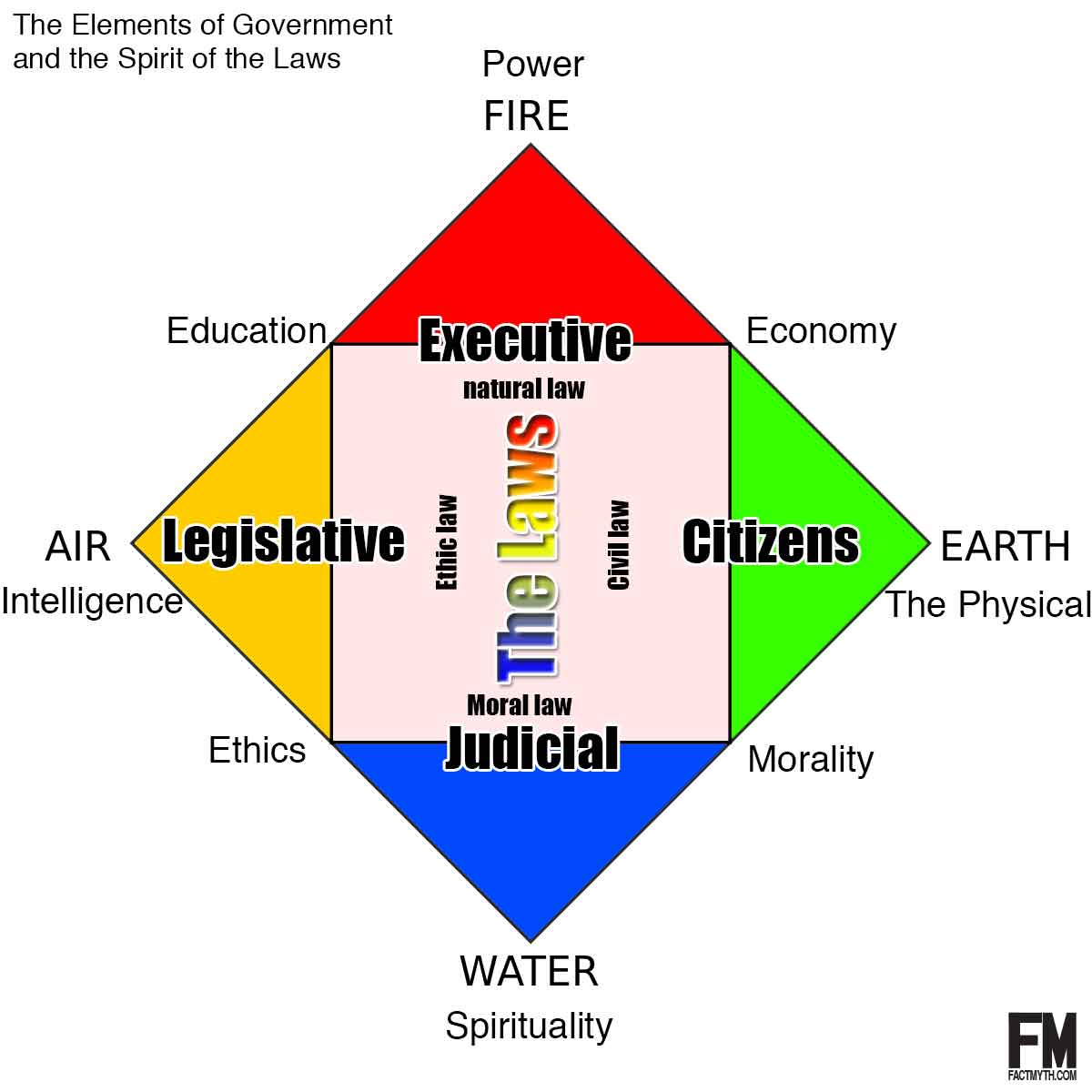
The four “elements” (or “powers”) that form the foundation of government can roughly be expressed as: citizens, executive, legislative, and judicial.

We often attribute the origin of the state of nature argument to Hobbes, but it can be traced to thinkers like Plato, Aristotle, and the Sophists in the 300s BC, and is then mused on by other early philosophers.
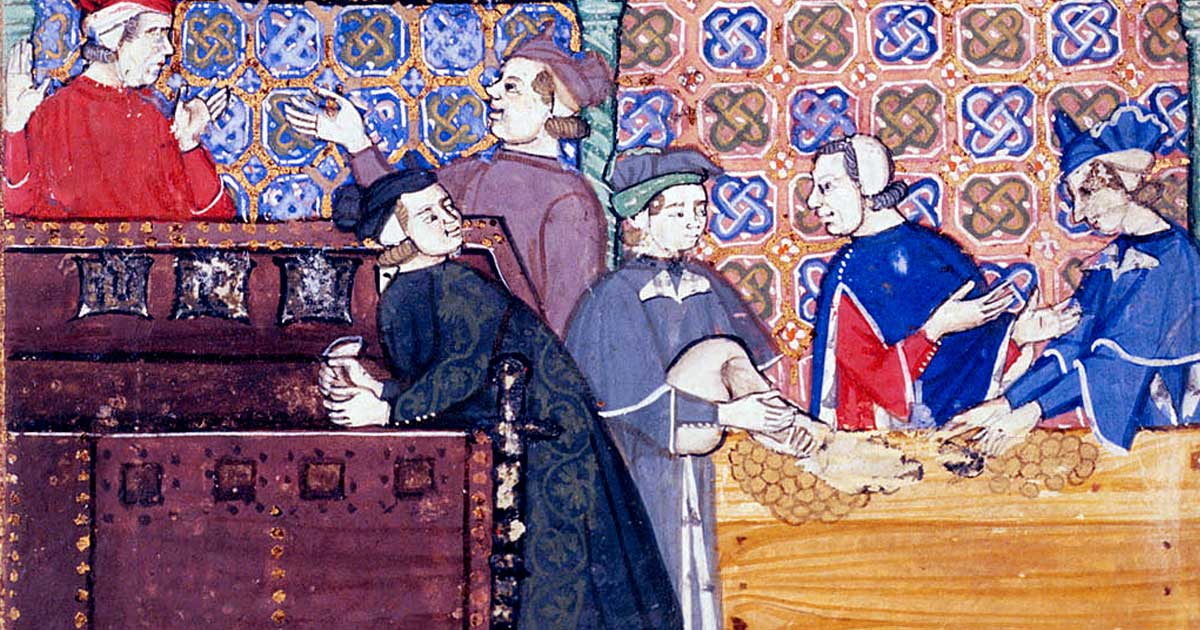
Modern banking originated in Italy around 1150 as Jews fleeing persecution brought new practices, including “discounting”, to the merchant banks of the Italian piazzas.
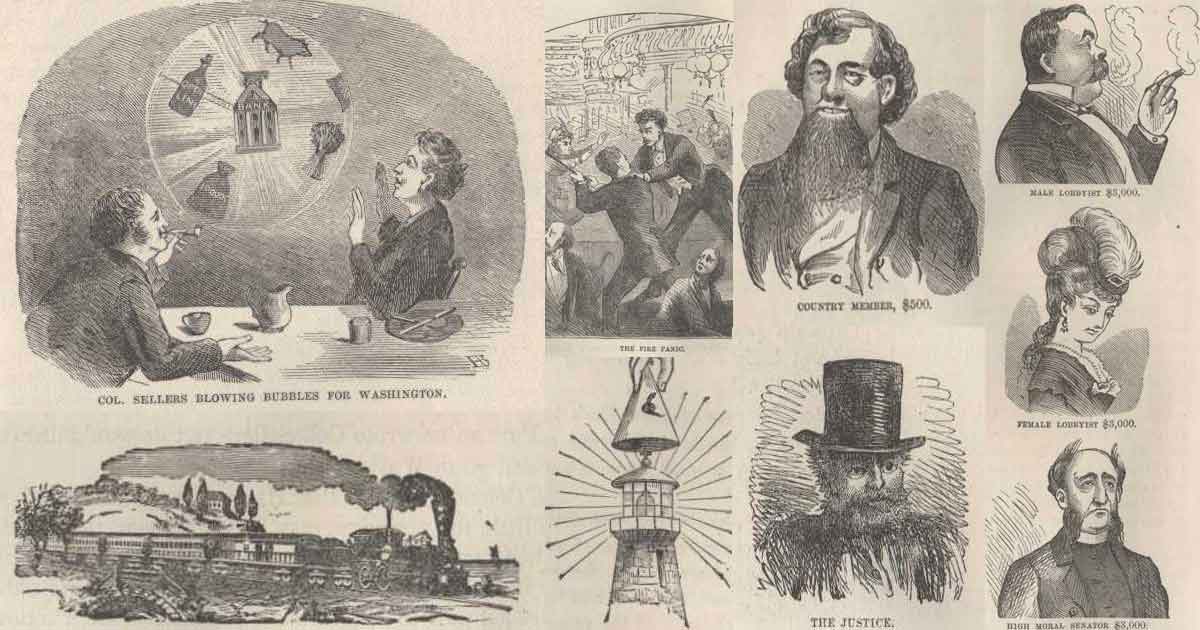
Below we present an annotated version of Andrew Carnegie’s 1889 essay Wealth (better known as the Gospel of Wealth).
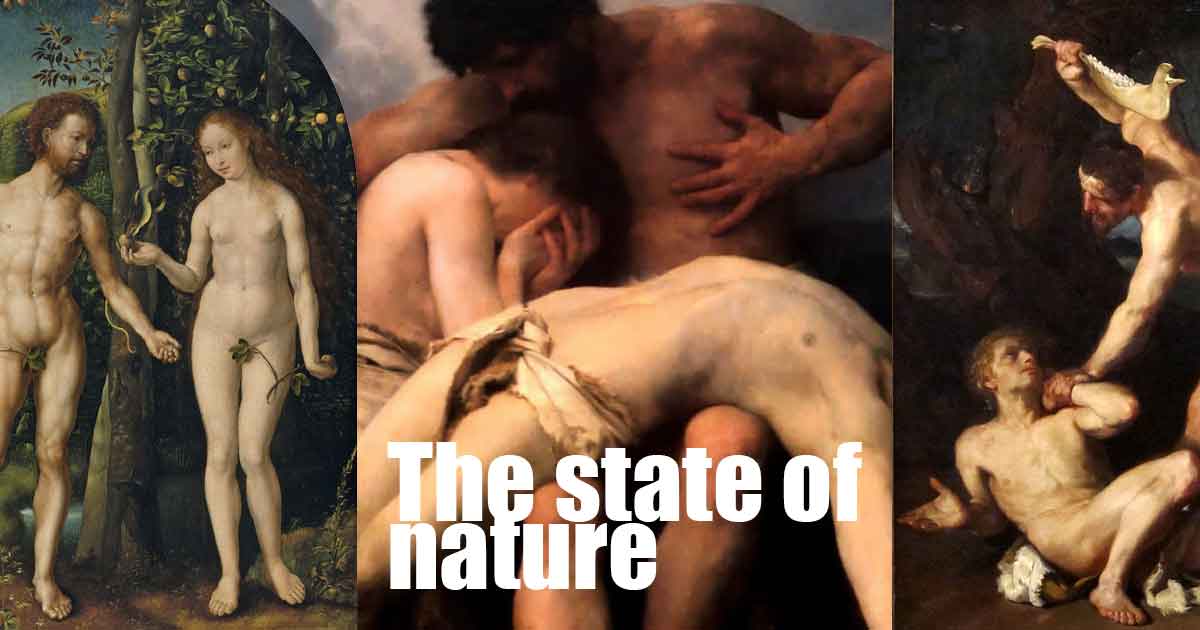
The state of nature is the state humans lived in before forming the first societies. By examining the state of nature we can better understand the implicit and explicit social contracts which govern societies.

Different types of government can be said to be based on a number of attributes like power source, power structure, and economic system.
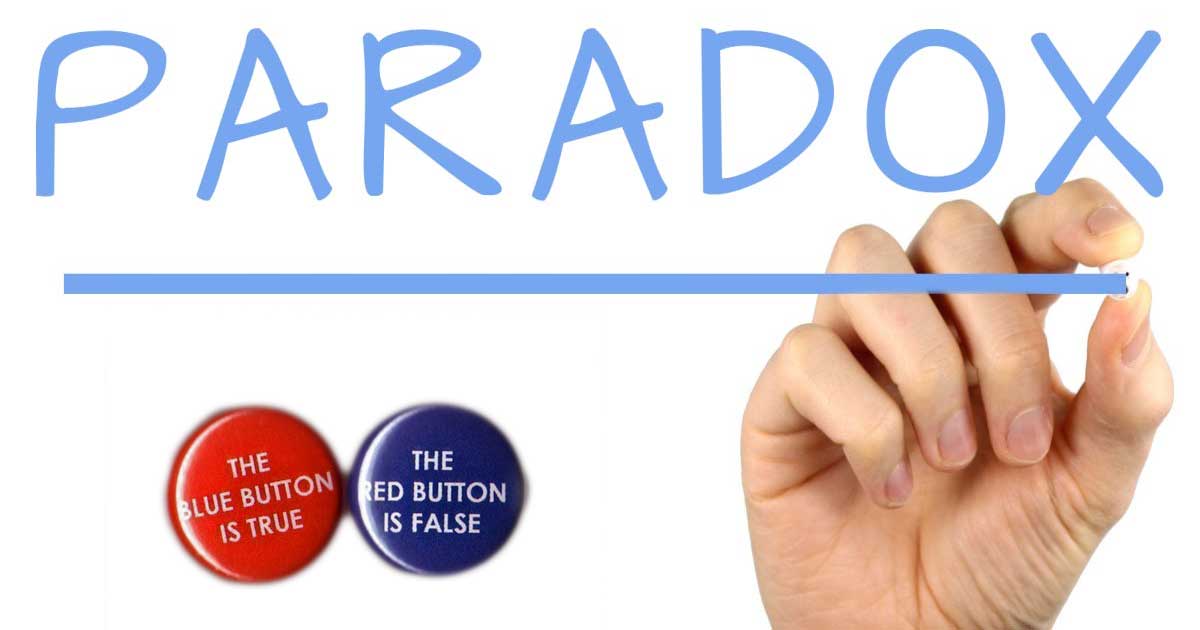
In practice, human action often has paradoxical or unintended effects. Sometimes effects or side effects even have the exact opposite effect as intended.
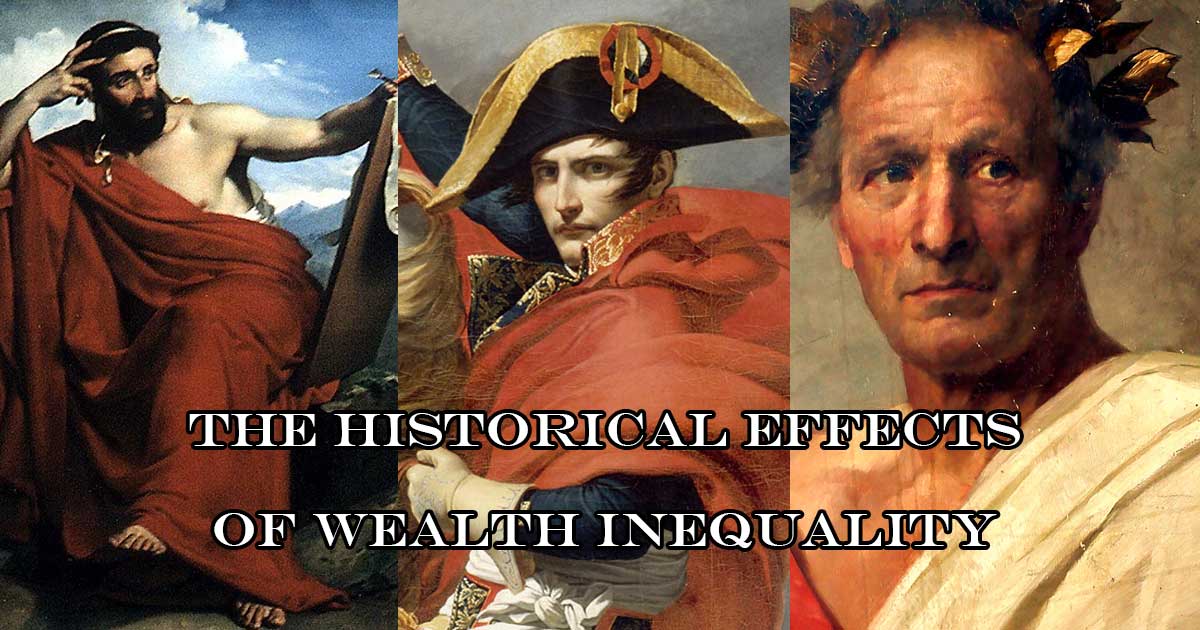
We examine the historical effects of social, political, and economic inequality on society to see how it has led to social unrest and events like revolutions and populist uprisings.